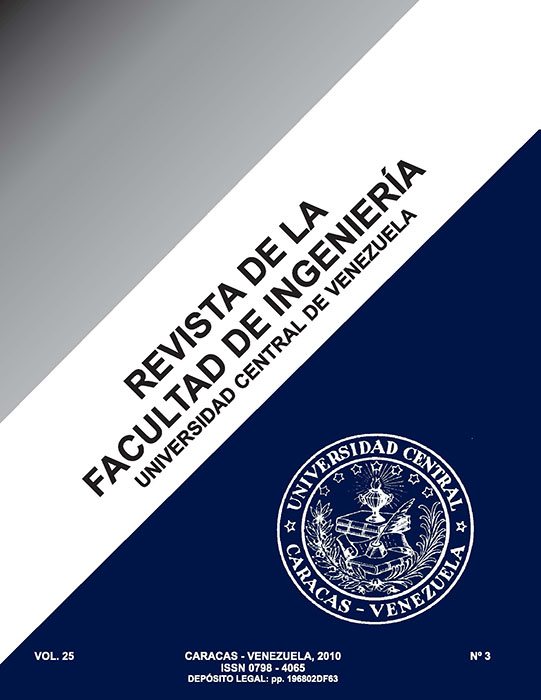LA ENCUESTA DE OPINIÓN ESTUDIANTIL: UN SISTEMA DE INFORMACIÓN PARA LA EVALUACIÓN POR COMPETENCIAS DE LA ACTIVIDAD DOCENTE / The Student Opinion Poll: An Information System to Evaluate Teaching Activity by Competences
Keywords:
Evaluación por competencias, Percepción estudiantil, Encuestas de opinión, Sistemas de información, Mejoramiento docente, Participación, Investigación-acción.Abstract
El enfoque de competencias involucra el concepto que las personas aprenden a través del desempeño dentro de sus contextos culturales. La retroinformación permite al sujeto darse cuenta de su propio desempeño. Los estudiantes son los observadores por excelencia del desempeño en aula. La encuesta de opinión estudiantil (EOE) viabiliza el proceso de “feedback” al recoger y comunicar a los diferentes actores, las apreciaciones de los estudiantes respecto al ejercicio de la función docente en aula. El programa EOE pretende ser una herramienta útil para que los diferentes actores del proceso docente, al tomar conciencia de cómo son vistas sus fortalezas y debilidades, puedan gestionar, con el apoyo de la institución, un plan de cambio positivo. A partir de un diagnóstico sobre el desarrollo del programa, se estructura la misión, se revisan diferentes hipótesis para el análisis de su desarrollo actual y se diseña una propuesta de cambio involucrando a diferentes actores en su elaboración. Se concluye que el programa EOE debe ser un sistema de información que periódica y metódicamente recoja la percepción que los estudiantes tienen acerca del desempeño académico que impacta su formación profesional, la procese y la mantenga en la red a la disposición de los usuarios para que sea utilizada en los específicos procesos de toma de decisiones, a saber: por los profesores, en sus auto-evaluaciones; por los estudiantes, en la selección de su carga académica; y por la institución, para formular planes de crecimiento y mejoramiento.
ABSTRACT
The thematic guideline in this case is the following: the competence approach is based on the concept that people learn through their activity within a cultural context. Feedback allows people to be aware of their own performance. Students are observers par excellence of in-the–classroom performance. The EOE programme allows for the feedback process to take place by gathering and communicating to all parties involved the findings of the students about in-the-classroom teaching. This instrument is not, however, intended to be an instrument for evaluating the teaching personnel, as it only reflects reality from the students’ view. In turn, it hopefully is a useful tool so that the different actors in the learning process, through a process of gaining awareness on how their strengths and weaknesses are perceived, can better manage a positive change and, at the same time, count on the necessary support from the Institution. We conclude that the student opinion poll (EOE) has to be considered an information system that samples in a methodical and regular manner the students’ perception of the academic performance that influences their professional training, processes this information, and keeps it in store for users in an easy-to-interpret format, as, for example, historic series expressed through graphics and/or numerical charts. At the same time, this information should be available for particular decision-making processes, i.e. as additional input for the self-evaluations of the teaching personnel, for students when having to decide on their academic workload, and for the institution when reformulating growth and improvement plans.
Keywords: Evaluation by competences, Student perception, Opinion poll, Information systems, Improvement of teaching, Participation, Action research.



